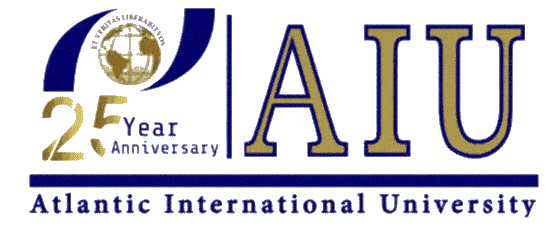Navigating the Talent Maze: Employee Selection and Assessment
October 27, 2023 2023-10-31 15:25Navigating the Talent Maze: Employee Selection and Assessment
Introduction
In the dynamic world of business, selecting the right employees is akin to assembling the pieces of a complex puzzle. Employee selection and assessment form the cornerstone of building a talented and efficient workforce. In this article, we will delve into the intricacies of this process, exploring the strategies and methods used to identify and nurture top talent. Join us on this journey as we unlock the secrets of hiring success.
The Art and Science of Employee Selection
Employee selection and assessment encompass a blend of art and science, where data-driven decisions meet human intuition. The goal is to identify candidates who not only possess the necessary skills and qualifications but also align with the company’s culture and values. Here are key elements that make up the selection process:
- Job Analysis: The process begins with a thorough job analysis, which involves defining the role, responsibilities, and required skills. This forms the blueprint for selecting the right candidate.
- Resume Screening: The initial phase of selection often involves reviewing resumes and applications. A candidate’s qualifications, work history, and relevant experience are evaluated against the job requirements.
- Interviews: Interviews serve as a critical step in assessing a candidate’s suitability for the role. Behavioral and situational interviews are common, allowing interviewers to gauge a candidate’s problem-solving skills, interpersonal abilities, and cultural fit.
- Assessment Tests: Psychometric tests, technical assessments, and skills tests are administered to evaluate a candidate’s cognitive abilities, personality traits, and technical skills.
- Reference Checks: Contacting references provided by the candidate can provide valuable insights into their work ethic, performance, and character.
- Culture Fit: Assessing a candidate’s alignment with the company’s values, culture, and mission is vital to ensure they will thrive in the organization.
- Onboarding and Training: Once selected, employees go through onboarding and training processes to integrate them into the company culture and equip them with the necessary knowledge and skills.
Promoting the Link: A Visual Insight
For a visual perspective on the employee selection and assessment process, we recommend watching this video: Watch Video. This informative video offers valuable insights into the best practices and strategies for identifying top talent in your organization.
The Power of Effective Employee Selection
Effective employee selection and assessment have a profound impact on an organization’s success. Here’s why it matters:
- Enhanced Performance: Well-matched employees are more likely to excel in their roles, contributing to higher productivity and performance.
- Reduced Turnover: Making the right hiring decisions minimizes turnover rates, saving the organization time and resources.
- Improved Employee Satisfaction: Employees who fit well with the company culture and values tend to be more satisfied and engaged in their work.
- Innovation and Growth: A diverse and skilled workforce can drive innovation and help the organization adapt to changing market conditions.
- Positive Organizational Culture: Hiring individuals who align with the company’s culture fosters a positive workplace environment.
Conclusion
Employee selection and assessment are the building blocks of a successful organization. It’s a process that combines data-driven decision-making with a keen understanding of human dynamics. By investing in this process, businesses can identify and nurture the talent needed to thrive in today’s competitive landscape.
To gain a deeper understanding of the strategies and best practices involved in employee selection and assessment, don’t miss the insights offered in this video: Watch Now. It’s an invaluable resource for HR professionals, managers, and anyone interested in unlocking the potential of their workforce.




















